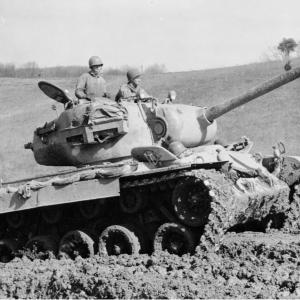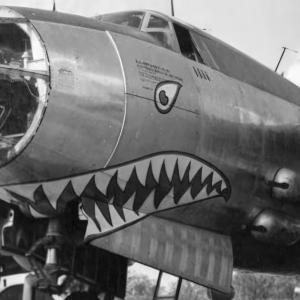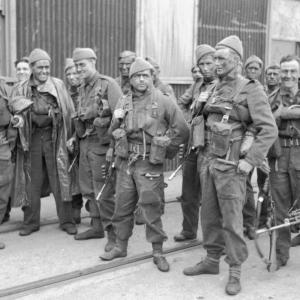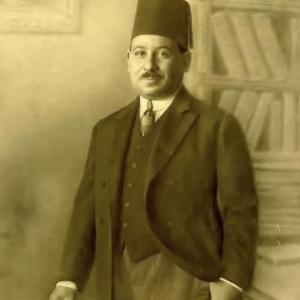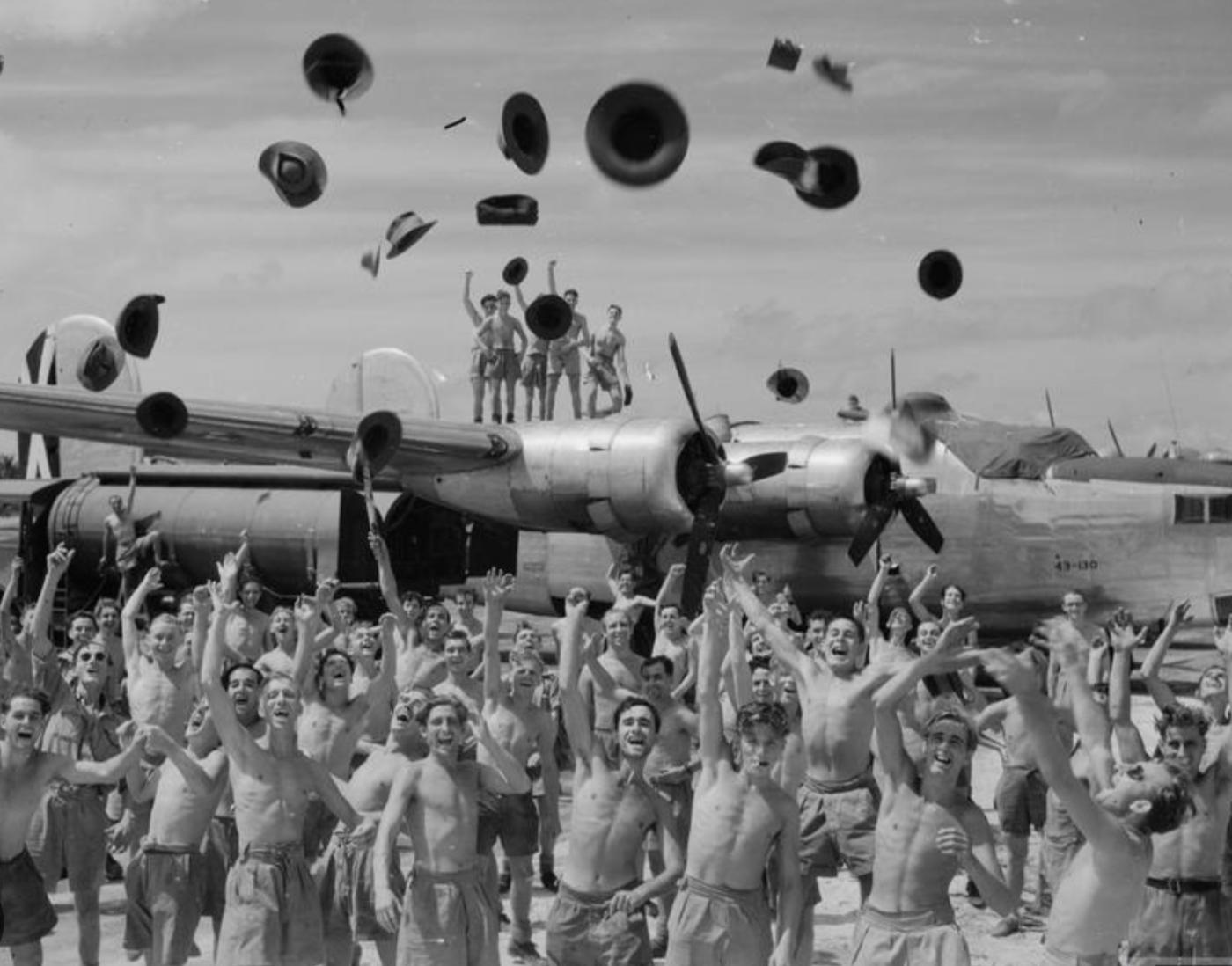
On this day in military history…
On August 15,1945, the world received the long-awaited news that brought an end to nearly six years of global warfare: Japan had agreed to surrender, effectively ending the Second World War. The announcement did not come without anticipation or drama. By that day, much of Japan lay in ruins from relentless Allied bombing, two cities—Hiroshima and Nagasaki—had been devastated by atomic bombs, and the Soviet Union had launched a surprise invasion of Japanese-occupied Manchuria. The Japanese leadership, divided over whether to continue the war or sue for peace, finally reached consensus after the Emperor himself intervened, an almost unprecedented move in Japan’s political structure.
The surrender was formally conveyed on August 15in Japan, which was still August 14th in many parts of the Western world due to the time difference. It began with a communication sent through diplomatic channels. That day, Japan sent a message to the Allies via Switzerland and Sweden, accepting the terms of the Potsdam Declaration with the sole condition that the Emperor would remain in place as a symbolic figurehead. The Allies responded swiftly, agreeing to the condition with the stipulation that the Emperor would be subject to the authority of the Allied Supreme Commander. With this, the path was cleared for a formal end to the conflict.
In Japan, news of the surrender was announced by Emperor Hirohito himself in a radio broadcast to the nation, a historic moment as it marked the first time the Japanese people had ever heard their Emperor's voice. The speech, recorded earlier on August 14 and broadcast the next day at noon, used formal and archaic language, making it difficult for many listeners to immediately understand. Nonetheless, the core message was unmistakable: Japan would lay down its arms. The Emperor described the war situation as having "developed not necessarily to Japan’s advantage" and stated that continuing the war would only result in further destruction. Though the word "surrender" was never explicitly used, the implication was clear.
In the United States and other Allied countries, the announcement was met with spontaneous celebration. People poured into the streets of cities and towns to cheer, embrace, and share the relief that the war was over. President Truman announced the news in Washington, D.C., confirming that the Japanese government had agreed to unconditional surrender. Across the Allied world, August 15 th became known as Victory over Japan Day, or V-J Day, even though the formal signing of the surrender documents would not take place until September 2 aboard the USS Missouri in Tokyo Bay.
The events of that day marked a profound turning point in world history. The long and bloody war had ended not through invasion, but through the combination of military pressure, atomic devastation, and diplomatic negotiation. For Japan, it signaled the beginning of a difficult period of occupation, reconstruction, and reflection. For the rest of the world, it was a moment of jubilation, solemnity, and hope that such a conflict would never happen again.

